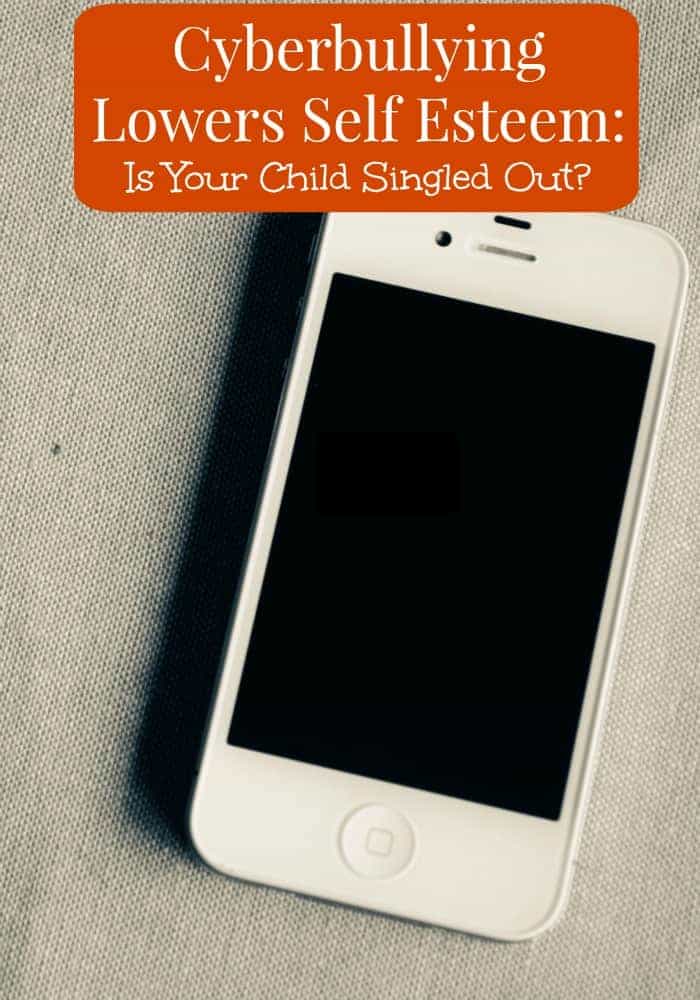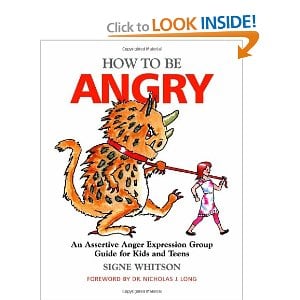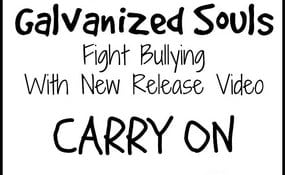
Bullying of any kind causes emotional hurt, but cyberbullying lowers self-esteem in ways that regular bullying cannot touch. Cyberbullying can be ruthless, non-stop and can make you feel singled out in ways traditionally bullying does not. All of this can be hard on anyone’s self-esteem.
Related: Bullying and What it Does to Your Child
Cyberbullying Lowers Self-Esteem: Is Your Child Singled Out?
Cyberbullying: Is It Happening That much?
Many of us are familiar with cyberbullying, but did you know that over 40% of kids experience cyberbullying at some point? How about 75% of students have visited a website specifically bashing another student? Or only 1 in 10 kids will tell an adult if they are being cyberbullied. (Stats via dosomething.org) Cyberbullying can happen through any electronic technology on any website.
Cyberbullying: Where Is It Happening
When I was in school, I have a very vivid memory of a kid coming up to me and telling me my shoes were ugly when I was about 12. Rather than say something back I looked right at the girl, called to my friend, and together we walked away. My bully came running after me. Aren’t you going to say something? I called your shoes ugly. Luckily for me, this time, there wasn’t much she could say to hurt me when I was standing with a friend and she was by herself. I had the upper hand of not being alone.
Related: Do Public School Uniforms Prevent Bullying?
Electronic cyber bullying is not as simple. With so many kids with cell phones, tablets and other electronic devices teens are more accessible online than ever. Cyberbullying can happen over text, e-mail or on personal websites created to embarrass someone. Cyberbullying more often happens over social media sites. The more widely used sites you are probably already familiar with such as Tumblr, Snapchat, YouTube Twitter, Instagram, Tinder and Facebook.
According to a 2014 study on nobullying.com:
54% of teens reported being bullied on Facebook. Facebook, Ask.fm and Twitter were also reported as the most likely places to experience cyberbullying.
Cyberbullying: How It Hurts Self-Esteem
Many kids who experience cyber bullying are experiencing emotional harassment that is used to embarrass or threaten someone. Through technology, it is much easier to single out a person and make them feel alone. This online harassment is often 24/7. Sometimes mean comments can happen accidently as one person’s mean comment is another person’s joke. Cyberbullying is a pattern of hurtful comments that is not accidental.
For teens, it is almost impossible to resist seeing what the bullying writes. The effects can feel relentless and make them feel alone. Social media platforms are the places where many teens spend their time and are not easy to avoid. Avoiding popping on your social media account means you miss out on valuable info from your friends.
Even worse since cyberbullying happens in the virtual space, it can be hard to know who to trust. Bullies can easily create anonymous accounts and use them to target the victim. For teens, it feels like everyone they know instantly knows the mean comments that were said, and they cannot easily defend themselves. Often everyone who is important to them in their social circle does see what is said back and forth.
This can all have a toll on teens. Self-esteem issues can quickly spiral into depression. Teens who are cyberbullied are also much more likely feel alone and to have thoughts about suicide. What can help is if teens have open conversations with parents, teachers or other adults. They can then seek advice as to when to ignore comments, when to defend their reputation and how to stand up to harsh online comments. Learn more about How To Prevent Cyberbullying.
Do you know someone who has experienced how cyber bullying lowers self-esteem? How do you handle cyber bullying?
Image Credit: Kelly Sikkema


Wow! that a really great and much needed post. I’m forwarding it to my kids.
Thanks
My 12 year old daughter was recently bullied on a group message chat, it was awful. I got on there and told everyone if it continued I would contact all of their parents. Then it shut down right away. My daughter was so hurt, they called her mental and stupid because she mispelled words a lot.
My older daughter is on line and so is my youngest now too. Bu my oldest has the most experience with being on line and frankly had a really awful interaction at start of this year. It’s over now but it really upset everyone here. Someone had set up a fake Instagram account. That person was found out but this was a crappy thing for her to do.
As a child, I was severely bullied – I can’t even begin to imagine what cyberbullying is like!
I absolutely believe the awful statistics on cyberbullying. My 12 year old daughter is active on some social sites and I keep a close eye on what’s going on. I check in on her friend’s pages and accounts too…there’s some crazy stuff out there and when we see it, we have a conversation about it. I try to keep the communication open so she can share with me when she’s feeling like someone’s behavior isn’t okay.
My daughter is a teacher and although I don’t have children at home, this is a topic that comes up frequently. Bullying used to happen in the halls and on the playground. Now with the constant social media access, there is a constant onslaught of it. No reprieve. It’s really sad.
My children are still pretty young and do not access the internet or have cell phones (although I know I number of children that do). They do know, however, that they may at some point encounter some form of bullying at some point or many points in their lives and I have tried my best to teach them how to handle it properly.
I feel like the most that I can do is to teach them the importance of treating others the way that they would want to be treated and not to return a negative conflict with a negative response (ex. not to use violence as a response to a violent act) and to try to come up with ways of responding in a loving or more positive response. In the case of someone making fun of my kids shirt, I tell them to say something like “it is a shame that you feel that way, I really do like yours. Would you like to play with me?”.
The way I see it, hurtful people lack compassion and love, and probably did not get it from their parents. So it is important that they are shown those values and see that someone actually cares about them.
I really do wish that children had less or no access to social media (a breeding ground for a lot of undesirable and hateful stuff) though.
I always wonder how kids learn to do this and why it has happened time after time. Before cyber bullying there was other bulllying. Sad.